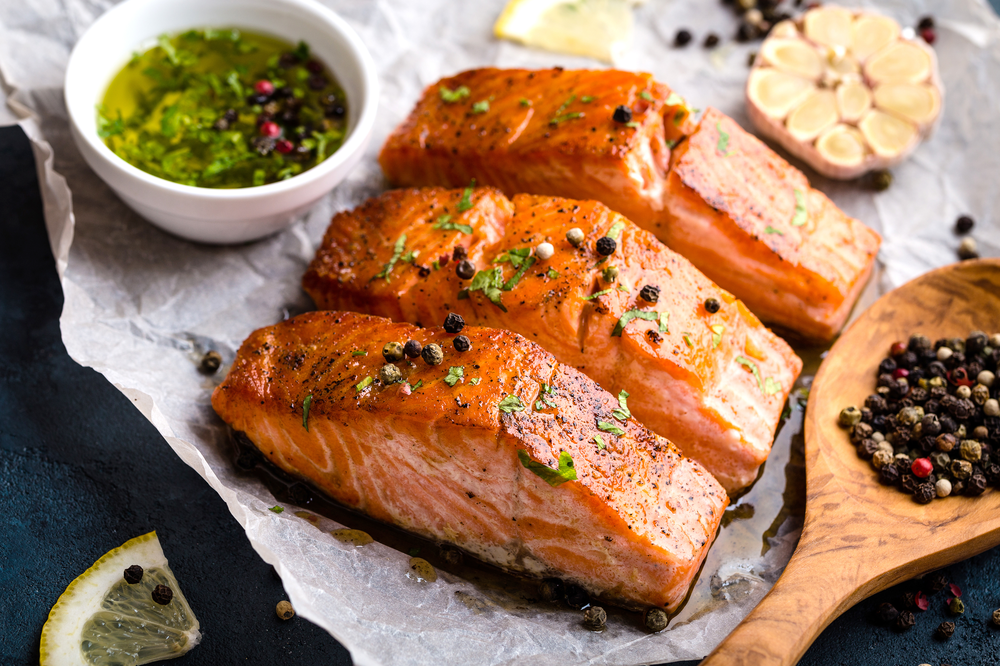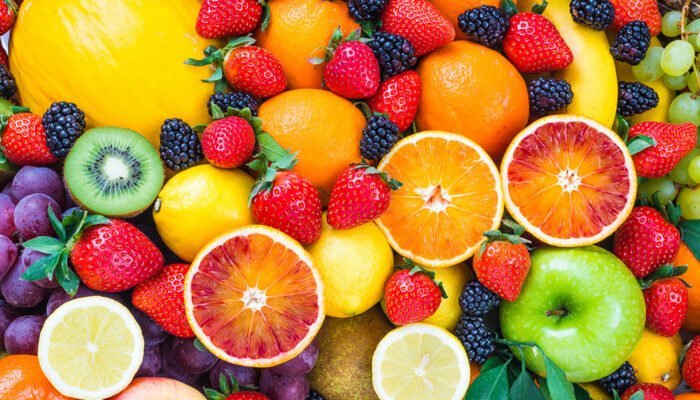
5 Superfoods for Cancer Prevention
Whether it affects you or your loved ones, cancer can be scary and difficult to talk about. Caused by changes in the DNA that result in cells dividing uncontrollably and spreading into the surrounding tissue, cancer can be found in almost any part of the body, with breast, lung, prostate, colorectal and skin cancers being the most common. While there is little one can do to guarantee complete cancer prevention, safety measures, such as wearing sunscreen, can be taken.
In the pursuit of supporting the fight against cancer, numerous charities and foundations stand out for their impactful contributions. The American Cancer Society (ACS) takes a multifaceted approach, channeling funds into groundbreaking research, patient assistance programs, and educational initiatives. The National Cancer Institute (NCI), a vital arm of the National Institutes of Health, plays a pivotal role in advancing cancer research and facilitating clinical trials, contributing significantly to our understanding of the disease. For those passionate about combating breast cancer, Susan G. Komen for the Cure is a global leader, focusing on research funding, education, and support for individuals affected by this prevalent form of cancer. Meanwhile, St. Jude Children’s Research Hospital stands as a beacon of hope for pediatric cancer patients, ensuring that families never face financial burdens during their child’s treatment. The Cancer Research Institute (CRI) champions immunotherapy, funding research and fostering public awareness about this innovative cancer treatment. Lastly, the Leukemia & Lymphoma Society (LLS) is dedicated to finding cures for blood cancers, providing support, and advocating for policies that benefit patients. Supporting these charities empowers ongoing efforts to conquer cancer on multiple fronts, from groundbreaking research to compassionate patient care.
In order to avoid a cancer diagnosis, gruelling medical treatments, frequent visits to health care clinics, and participating in clinical research, here is a list of 5 foods that have been linked to cancer prevention:
1. Berries
Berries, specifically blackberries, blueberries, raspberries and strawberries, contain anthocyanins, which are responsible for their bright color. Anthocyanins are rich in antioxidants, which protect the body from cell damage that can cause skin, bladder, lung, breast and esophageal cancer. Try having some fresh berries as a snack or adding them to a salad. Luckily, berries also retain their cancer-preventing qualities when frozen or dried, so you can also try making a yummy berry smoothie for dessert or adding some dried strawberries or blueberries to your trail mix.
2. Cruciferous vegetables
Cruciferous vegetables come from the Brassica genus of plants, and, luckily, are a diverse collection of delicious veggies, including arugula, bok choy, broccoli, brussel sprouts, cabbage, cauliflower, collard greens, horseradish, kale, radishes, rutabaga, turnips, watercress, and wasabi. These various vegetables contain glucosinolates, which are broken down through the cooking and digestion processes into indoles and isothiocyanates, which have been shown to prevent bladder, stomach, breast, colon, liver, and lung cancer. The reasons why are still being studied, but it’s possible that cruciferous vegetables protect cells from DNA damage or help deactivate carcinogens.
3. Fatty fish
Fatty fish are high in omega-3 fatty acids, which are a necessary part of your diet and have been linked to reduced risk of colon, liver, and breast cancer. While you can get omega-3s from nuts and seeds or plant oils, fatty fish is also a great and tasty way to get omega-3 fatty acids. To incorporate more fatty fish into your diet, try salmon, mackerel, herring, trout, canned sardines or tuna, or, if you want to be more adventurous, swordfish or gemfish.
4. Walnuts
While all nuts show cancer-preventing properties, walnuts have been studied the most extensively. Like fish, they contain omega-3 fatty acids. Additionally, walnuts contain ellagitannins, melatonin, and gamma-tocopherol, which each work to relieve oxidative stress, inflammation and gene expression that can lead to cancer. Walnuts are a great addition to a salad, baked goods, or on their own as a protein-packed snack.
5. Legumes
Studies suggest that people who eat legumes, such as beans, peas, and lentils, may be less likely to develop bowel, breast, lung and prostate cancer. Legumes are a good source of fiber, which has been linked to lower risk of cancer, and contain resistant starch, which is a carbohydrate that ferments in the gut and produces compounds thought to protect against bowel cancer. While beans, peas, and lentils are often considered to be a side dish, you can find a myriad of recipes online that feature them, as they are a great source of protein and a good meat substitute for vegetarians and vegans.



